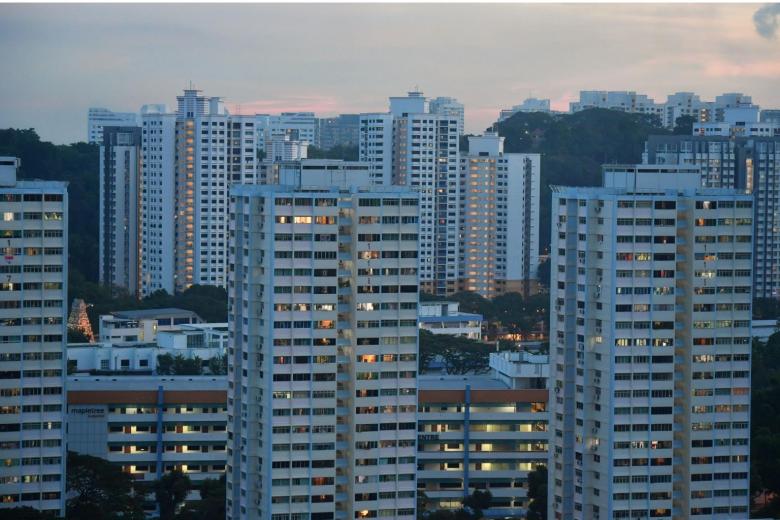SINGAPORE - Households in Singapore used, on average, more electricity and gas each month between April and July compared to the same period last year.
Their electricity consumption rose 16 per cent while that of gas went up 34 per cent.
The reason is that people spent more time at home during the circuit breaker period and the early stages of Singapore's phased reopening owing to the Covid-19 pandemic, Second Minister for Trade and Industry Tan See Leng said on Wednesday (Oct 14) in Parliament.
Dr Tan was responding to Mr Liang Eng Hwa (Bukit Panjang) who asked whether electricity and gas consumption has risen as more people work from home.
Mr Liang also asked for the basis of the latest increase in electricity tariffs and gas prices.
Dr Tan said both prices generally move in tandem with global fuel prices and have averaged around 24.58 cents/kWh for electricity and 19.64 cents/kWh for gas since January 2018.
He added that fuel prices rose by 46.6 per cent in the third quarter of 2020 since dropping to their lowest levels in the past 20 years in April 2020, as global economic activity gradually resumed.
As a result, electricity and gas tariffs rose to 22.93 cents/kWh and 18.39 cents/kWh respectively in the fourth quarter of this year.
Dr Tan, however, emphasised that electricity and gas tariffs in the third and fourth quarters of 2020 remain lower than in Q1 2020, and are among the lowest since January 2018.
"For electricity tariffs in particular, it is worth pointing out that the Q4 2020 tariffs still remain at 11.6 per cent lower than Q1 2020 and 6.7 per cent lower than the average electricity tariff between January 2018 and September 2020," he said.
He added that around 47 per cent of all households will not be affected by the new prices, as they have switched to the Open Electricity Market.
Dr Tan also pointed out that it is in the interest of consumers to switch to fixed price package plans on the Open Electricity Market.
"If it is possible, most households should look at these plans that are available... because I think in the ensuing quarters ahead, there should continue to be all this volatility and fluctuations. We expect more of it to happen," he said.
Mr Liang also asked if increased development in alternative energy sources has helped reduce the overall cost of electricity.
Dr Tan said Singapore's geographical limitations mean alternative energy sources make up a small proportion of its power generation today.
He added that the country is aiming for a fivefold increase of its solar power capacity from around 0.4 gigawatt-peak (GWp) today to at least 2 GWp by 2030.
He further said that Singaporean homes have been given more support for their utility bills this year.
For instance, every household with at least one Singapore citizen has received a one-off $100 Solidarity Utilities Credit in their July or August SP Group utilities bill.
Dr Tan added that eligible HDB households also received the GST Voucher - U-Save, which was doubled this year through a one-off GST Voucher - U-Save Special Payment.
Additionally, eligible HDB households with five or more members also received a first portion of further GST Voucher - U-Save rebates of between $60 and $100 per household in October, with a second portion to be disbursed in January 2021.
Dr Tan said that before this year, the annual amount of GST Voucher - U-Save given to residents in one- and two-room HDB flats was equivalent to about three to four months of their utilities bill.
In contrast, he said, with the additional support this year, these same households will get support equivalent to at least six to eight months of their utilities bills on average.
Families in three- and four-room HDB flats will receive support equivalent to at least two to four months of their utilities bills, up from one to two months of their bills in the past.


